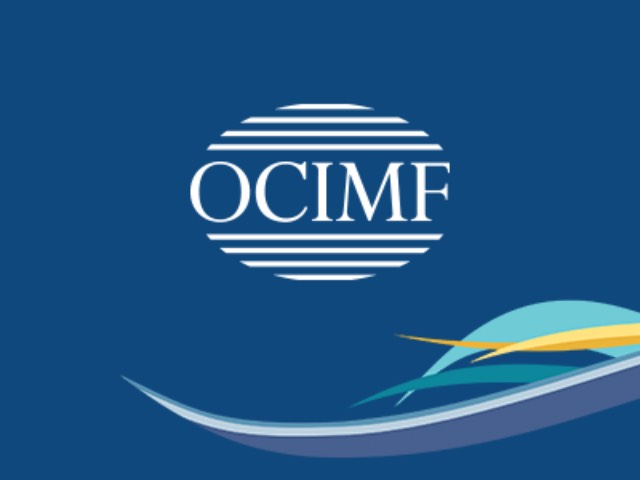One way in which OCIMF aims to improve safety and environmental protection in the maritime industry is by considering human factors when providing guidance and recommendations. This human-centred approach looks at the physical, psychological and social factors that affect human interaction with equipment, processes and other people in order to identify and minimise potential risks. Crucially, it recognises that human error, actions and decisions are often the result of the way the workplace is set up; how work, equipment and safeguards are designed, and how leaders influence the work culture.
To ensure that human factors are always accounted for in the management and operation of vessel, OCIMF is including human factors considerations as a core element of the updated Ship Inspection Report Programme (SIRE 2.0), which is due for delivery in 2022. By making human factors’ assessment fundamental to the inspection process, as an industry, we can systematically address the issues and latent conditions that influence errors, actions and decisions that cause risk or lead to harm.
Human Factors in Vessel Inspections
SIRE 2.0 vessel inspections will inform Vessel Operators, Charterers and Crew if a ships’ protective systems are effective, and to what extent the critical human activities those protective systems rely on are sufficient. Processes, policies and procedures built into the inspection regime will assess human factors issues by reporting performance relating to human factors in the Vessel Inspection Questionnaire (VIQ) completed by Inspectors during an inspection.
For each VIQ question with a human factor perspective, Inspectors will be prompted to provide objective responses to any observations. The assessment criteria will provide the opportunity to positively recognise when important tasks are carried out effectively. Where a task is not effectively carried out an observation will be made. When making an observation, the tablet will auto-open an editor that allows the recording of the finding.
The tablet-based finding categorisation tool allows Inspectors to record the apparent context underlying tasks or duties that are not effective (e.g. equipment issues, task design, familiarity, nervousness, etc). Following the inspection, there is also an opportunity for the Vessel Operator to post a response on why the conditions exist (e.g. unaware of changed approach, time constraints, fatigue).
The increased engagement between the Inspector, Crew Members and Vessel Operator through the course of the inspection will ensure that seafarers benefit from being able to safely highlight difficult and error prone work and can receive positive feedback for work well done.
Outcome of Human Factors Focus
This is a significant change to the inspection regime which will provide a defined process for uncovering the systemic issues which might lead to a critical activity not protecting the ship. Importantly, this new approach will open a dialogue for ensuring issues are addressed, and the tools for demonstrating the quality of measures in place to support human performance. This requires a culture of openness, transparency and cooperation, which OCIMF seeks to bolster through the updated and enhanced vessel inspection programme.
Equipping Inspectors with the knowledge, tools and capabilities to accurately assess and report on human factors-related issues is key to achieving this ambition. Inspectors will be given comprehensive support and training through OCIMF to correctly identify, assess and constructively communicate human factors-related issues. A full programme of Human Factors training will be included in the Inspectors’ SIRE 2.0 training.
Programme Recipients and Submitting Companies will also receive familiarisation training and documentation to ensure they can meet the expectations and criteria. More information will be provided in due course.
It is important to stress that while OCIMF develops SIRE 2.0, the existing SIRE programme will continue to be supported and improved, ensuring SIRE incorporates the latest industry standards, best practice and regulations.








































